Mining the Future: The Transformative Impact of Artificial Intelligence
Artificial Intelligence (AI) is reshaping industries across the globe, and the mining sector is no exception. With its ability to process vast amounts of data, optimize operations, enhance safety measures, and contribute to sustainable practices, AI is revolutionizing the mining industry. This article explores the profound impact of AI technologies on mining operations and the potential it holds for the future.
1. Exploration and Resource Assessment:
AI-powered algorithms analyze geological data with unmatched precision. Machine learning models process geological surveys, satellite imagery, and drilling data to identify potential mining sites and estimate the presence of valuable minerals. This not only reduces exploration costs but also enhances the accuracy of resource assessments, enabling more informed investment decisions.
2. Predictive Maintenance and Equipment Optimization:
Mining equipment is subjected to extreme conditions, leading to wear and tear. AI-based predictive maintenance analyzes real-time data from sensors attached to machinery. By identifying patterns, AI predicts potential breakdowns, allowing for timely maintenance, reducing downtime, and extending the lifespan of equipment. Additionally, AI optimizes equipment usage, ensuring efficient operations and minimizing energy consumption.
3. Safety Enhancements and Risk Mitigation:
AI-powered sensors and cameras enhance safety within mining sites. These technologies detect unsafe conditions, monitor workers’ activities, and alert supervisors in real time. Machine learning algorithms analyze historical safety data to predict and prevent accidents. By identifying potential risks, AI contributes significantly to creating a safer working environment for miners.
4. Environmental Monitoring and Sustainability:
AI facilitates real-time environmental monitoring. Drones equipped with AI analyze the impact of mining activities on surrounding ecosystems. These insights help in implementing sustainable practices, minimizing ecological damage, and ensuring compliance with environmental regulations. AI also supports recycling efforts, promoting a circular economy within the mining industry.
5. Supply Chain Optimization and Demand Forecasting:
AI algorithms optimize supply chain management by analyzing market demand, transportation routes, and inventory levels. By predicting demand fluctuations, mining companies can adjust production accordingly, preventing overproduction and reducing waste. This efficient supply chain management contributes to cost savings and minimizes environmental impact.
6. Enhanced Mineral Processing and Yield Optimization:
AI-powered systems improve mineral processing techniques. Machine learning models optimize processes such as sorting, grinding, and flotation. By analyzing mineral composition and predicting how different elements interact, AI enhances yield, ensuring that valuable minerals are extracted efficiently and maximizing profits for mining companies.
In conclusion, AI technologies are propelling the mining industry into a new era of efficiency, safety, and sustainability. By harnessing the power of artificial intelligence, mining operations are becoming more precise, cost-effective, and environmentally friendly. As the industry continues to embrace AI innovations, it not only benefits economically but also plays a significant role in promoting responsible mining practices, ensuring a sustainable future for both the industry and the planet.
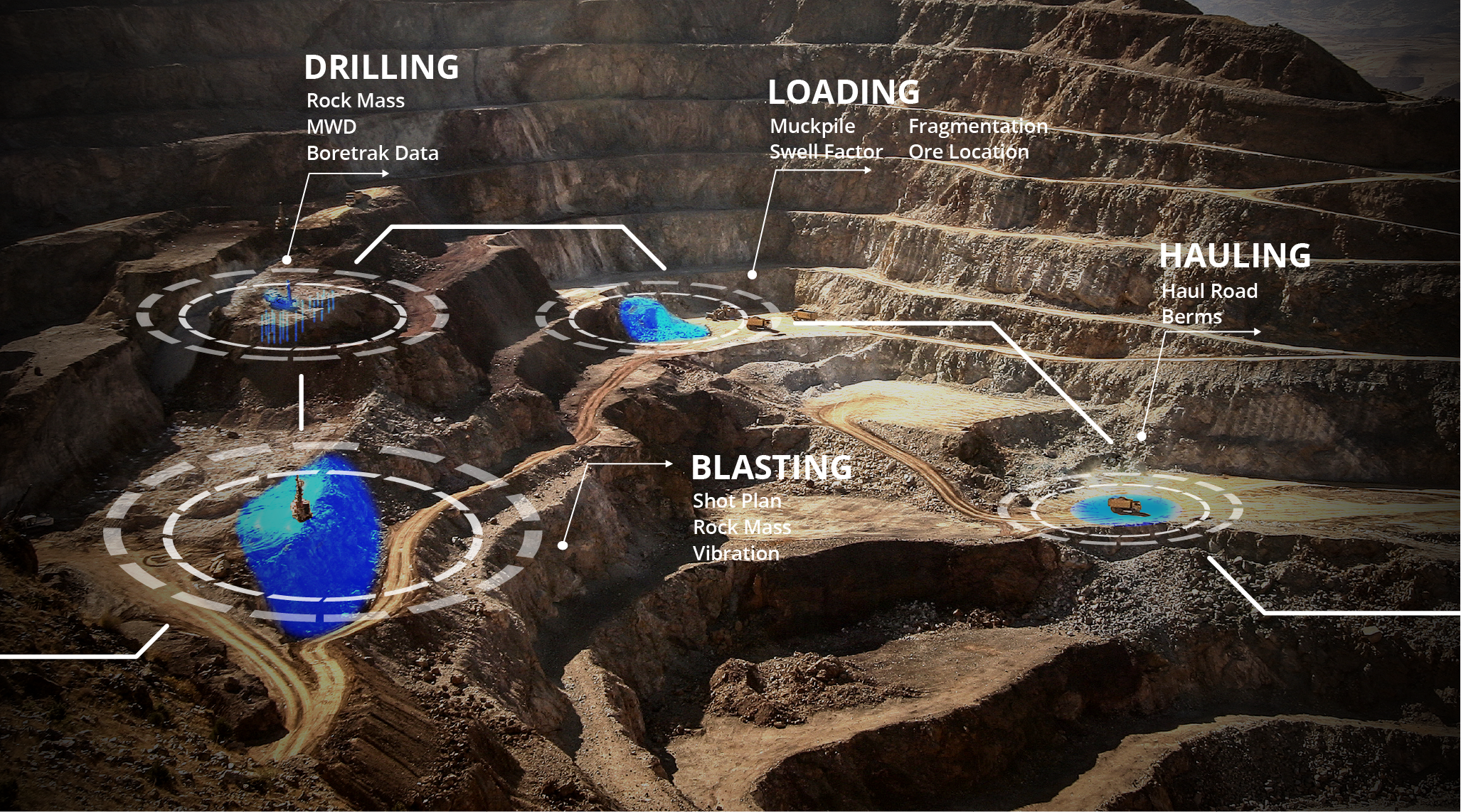
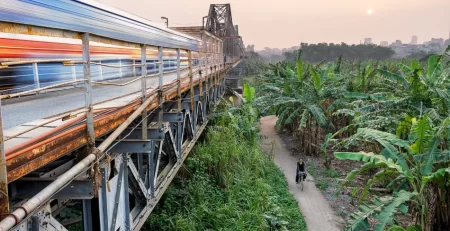
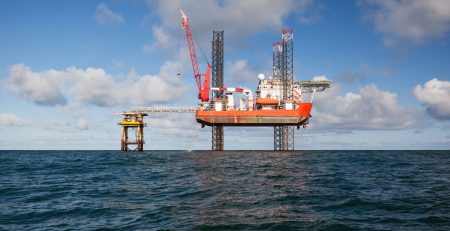
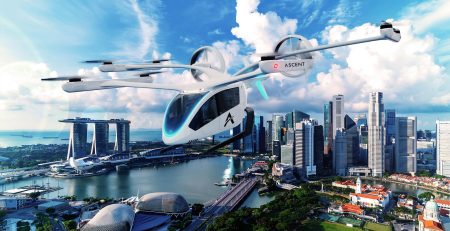
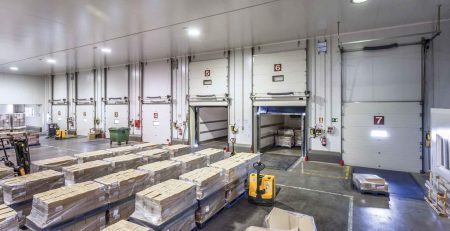






Leave a Reply